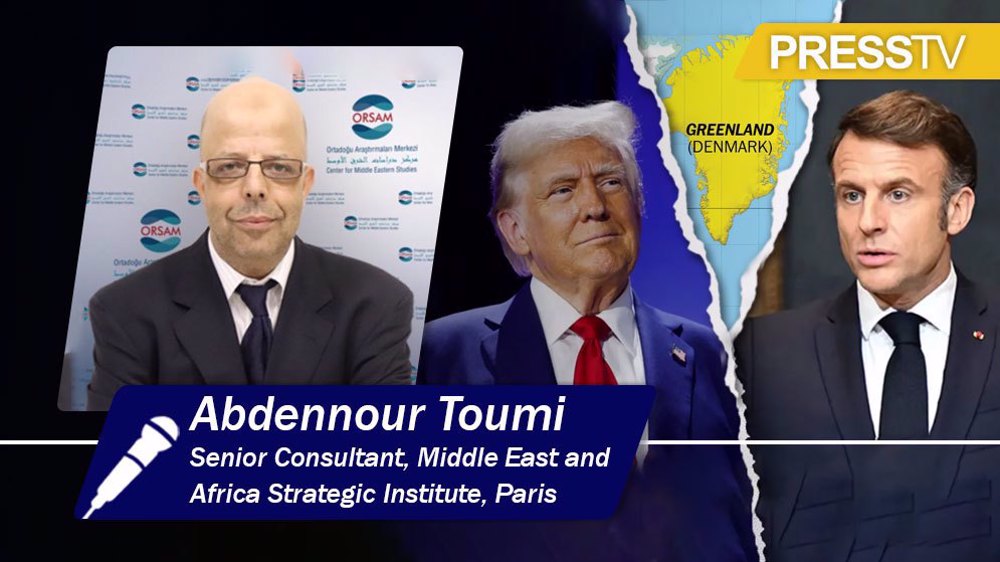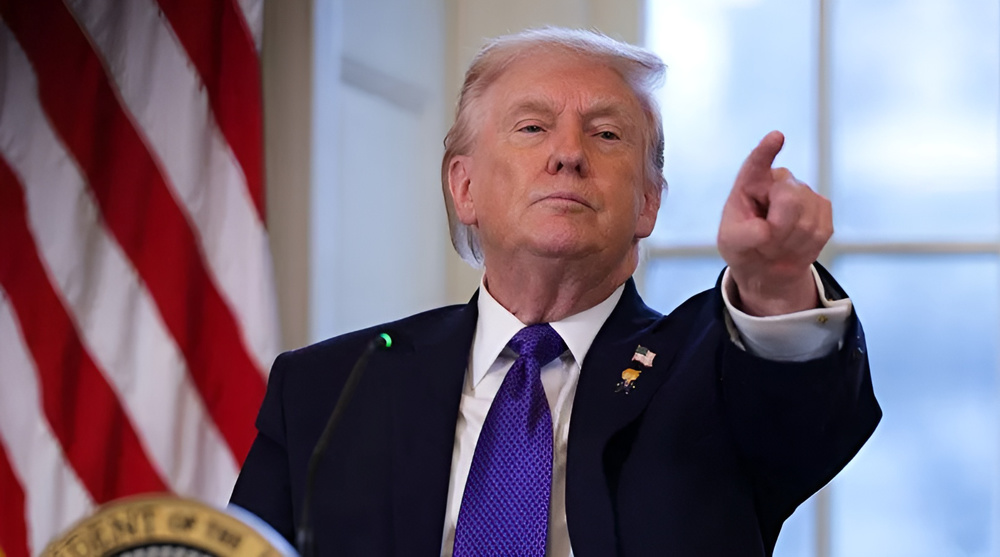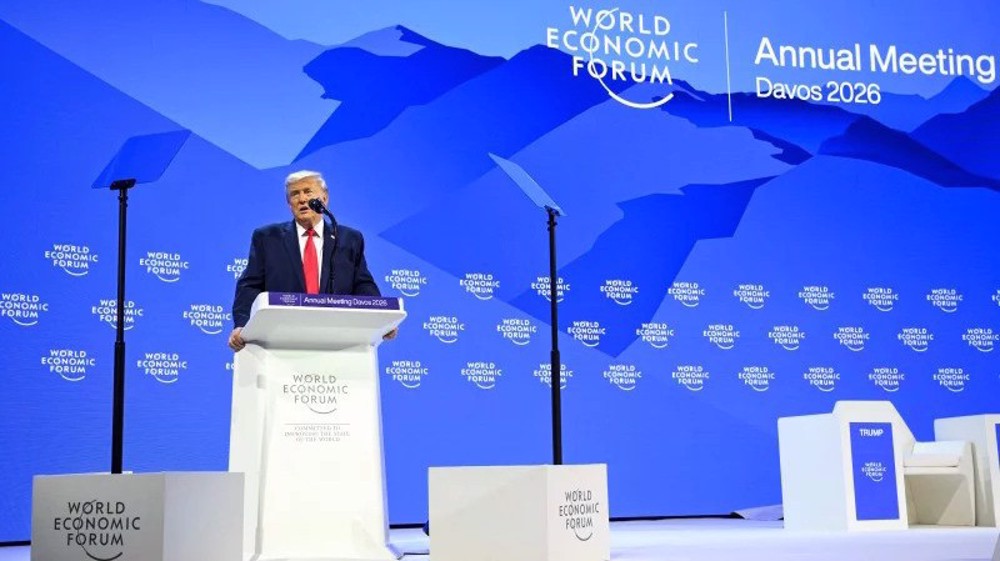US-Russia tensions reach dangerous threshold: Gorbachev
Former Soviet Union President Mikhail Gorbachev has warned that the world has reached a “dangerous threshold” as tensions between Russia and the United States rise over the Syria crisis.
“I think the world has approached a dangerous threshold. I would prefer not to suggest any particular schemes, but I want to say: we need to stop,” Gorbachev, 85, told Russia's news agency RIA Novosti on Monday.
“Dialogue [between Russia and the US] should be resumed. Stopping the dialogue has been the biggest mistake,” added Gorbachev, who as the last leader of the Soviet Union oversaw an easing of decades of tensions with the United States.
Relations between Washington and Moscow were already at their lowest point since the end of the Cold War in 1991, largely due to the Ukraine crisis. The US and its allies accuse Moscow of sending troops into eastern Ukraine in support of the pro-Russian forces. Moscow has long denied involvement in Ukraine's crisis.
Ties between the US and Russia further deteriorated when Moscow last year launched an air offensive against Daesh terrorists, many of whom were initially trained by the CIA to fight against the Syrian government.


Last week, the US announced suspended participation in bilateral channels with Russia that were established to maintain the cessation of hostilities in Syria, where Washington has been supporting anti-government militants while Moscow backing the elected government of President Bashar al-Assad.
The US State Department accused Russia of not delivering on its commitments under a ceasefire agreement by stepping up airstrikes in the city of Aleppo, which has been divided between government forces in the west and the militants in the east since 2012.
US Secretary of State John Kerry accused Russia and the Assad government of committing war crimes against the Syrian people, and called on Moscow and Damascus to be investigated for this over the Aleppo campaign.
In response, Russia accused the US of taking hostile actions against Moscow, and deployed nuclear-capable Iskander-M missiles to its Baltic enclave of Kaliningrad bordering Poland and Lithuania.
The Russian military also warned the Pentagon against conducting airstrikes on Syrian military positions, noting that its S-300 and S-400 air defense systems in Syria are active.
Meanwhile, Moscow also pulled out of an arms-control agreement aimed at reprocessing weapons-grade plutonium and demanded the Pentagon scale down its military buildup in eastern Europe.


"It is necessary to return to the main priorities. These are nuclear disarmament, the fight against terrorism, the prevention of an environmental disaster," Gorbachev said.
"Compared to these challenges, all the rest slips into the background," said the veteran politician who ruled the Soviet Union from 1985 until it broke up in 1991.
“Of course, at this moment it is difficult to talk about moving towards a nuclear-free world, we must honestly admit it. But we should not forget: as long as there are nuclear weapons there is the threat of their use. It could be an accident, a technical malfunction of someone’s evil will – a madman or a terrorist,” the former Soviet leader said.
“The nuclear-free world is not a utopia, but rather an imperative necessity. But we can achieve it only through demilitarization of politics and international relations," he advised.
Gorbachev helped end the Cold War between the Soviet Union and the US and established the architecture of nuclear arms control in a series of high-profile meetings with the administration of then US President Ronald Reagan.

In 2014, Gorbachev, who has rarely intervened in global affairs since 1991, accused of American "triumphalism" for fueling tensions what he warned could become a "new Cold War."
China hits US with economic counteroffensive after Maduro’s abduction: Report
Ben-Gvir arms more Israeli settlers amid rising violence in West Bank
'Hands on trigger': IRGC warns US and Israel against any miscalculation
VIDEO | US and Israel’s failed terrorism
After Venezuela, Trump sets sight on Cuba for 'regime change': Report
Trump’s ‘bulldozer’ diplomacy is deepening US-France rift: Analyst
Israeli bullets found in bodies of children killed in recent Iran riots: Report
South Korean civic leaders demand peace with North










 This makes it easy to access the Press TV website
This makes it easy to access the Press TV website